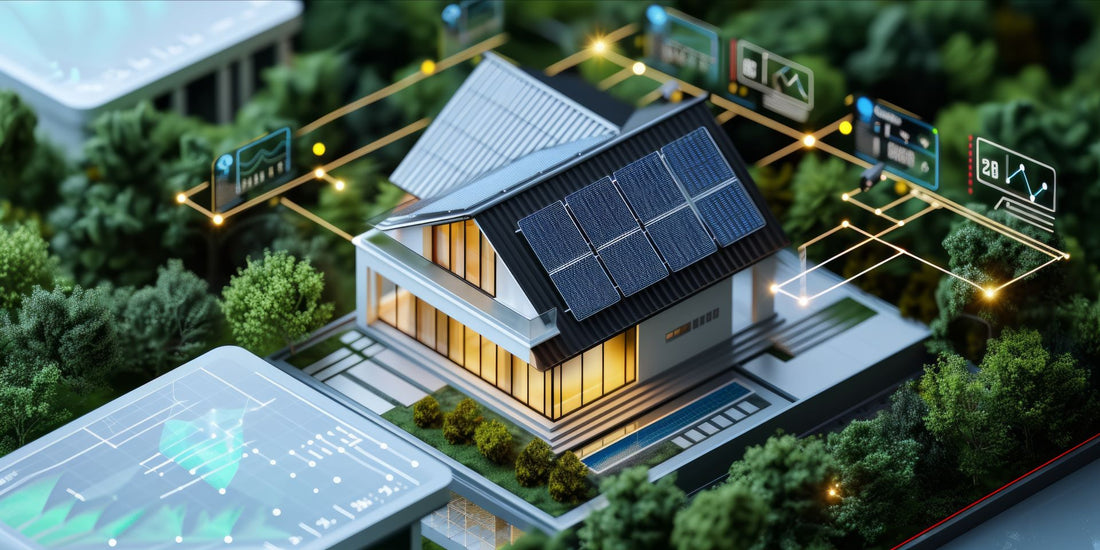Imagine being able to choose exactly where your home's electricity comes from, like picking channels on your TV. Or, think of your rooftop solar panels and electric vehicle as players in a big game, where they can score points (aka save or earn money) for you by using energy intelligently. This isn't a futuristic dream—it's what the Australian Energy Market Commission (AEMC) is working towards with some new rule changes. Let's break down what this means and why it's a big deal, in simple terms.
Who is AEMC, and What's Happening?
The AEMC is the rule maker for the energy market in Australia, they make the rules for how our electricity and gas markets operate. Think of them as referees ensuring that the energy game is played fairly, efficiently, and in the best interest of consumers. Recently, they've been working on new rules that could change the way energy is bought, sold, and used in Australia, focusing on what's called Customer Energy Resources (CER). You own CER and it includes things like solar panels on your roof, home batteries, and electric vehicles.
The Big Idea: Trading Energy More Flexibly
The AEMC wants to make it easier for people and businesses with these energy resources to use and sell their energy in new ways. Right now, if you have solar panels, you can sell excess energy back to the grid, but the system is pretty rigid. The AEMC's proposal aims to make this process more flexible. Here's what they're suggesting:
More Choices for Big Customers: Large businesses or facilities could work with different energy providers at the same time, choosing the best deals or services that suit their needs.
Separating Types of Energy Use: They're also talking about treating energy from things like solar panels and batteries differently from regular energy use (like lighting and appliances). This could mean more tailored options for how you use and sell your own energy.
Using Smart Technology for Easier Management: Instead of installing new meters everywhere, the AEMC suggests using the technology already in things like electric vehicle chargers to measure energy use. This could save money and make it simpler to manage energy.
Why Does This Matter?
This isn't just about new rules; it's about making the energy system better for everyone. By allowing more flexibility in how energy is used and sold:
- Consumers save money: People could get more value from their solar panels or batteries, potentially reducing their energy bills.
- Innovation flourishes: Making it easier for different energy services to compete could lead to new and better products for consumers.
- The environment benefits: By making it easier to use renewable energy, these changes could help reduce carbon emissions.
Feedback and Next Steps
The AEMC is looking for input on these ideas until April 11, 2024. They're asking for opinions from anyone interested, which means you could have a say in how these rules take shape.
What's the Bottom Line?
The AEMC's proposal could make Australia's energy system more dynamic, efficient, and green. It's about turning the idea of homes and businesses not just being energy users but active participants in the energy market into a reality. By making these changes, the AEMC hopes to unlock the full potential of renewable energy, making it a win-win for consumers, the energy industry, and the planet.
These proposed changes dovetail with Village Energy's mission to accelerate the energy transition for a green and sustainable future. We believe that households and businesses are consumers, producers and storers of energy. By connecting the billions of energy assets to the energy system in a way that works, Village Energy helps utilities to integrate and manage local energy resources to increase renewable energy on the grid and provide consumers with control, transparency and cost savings.
